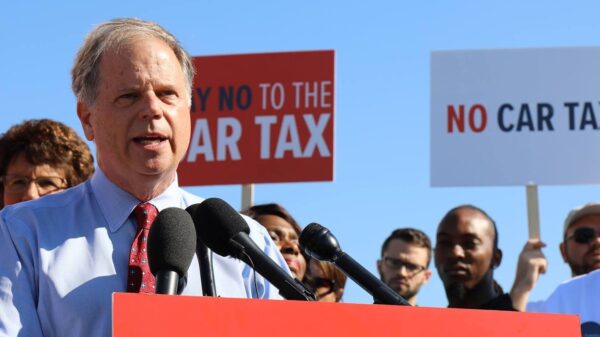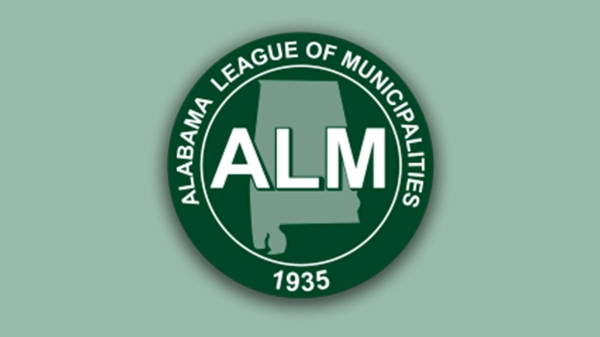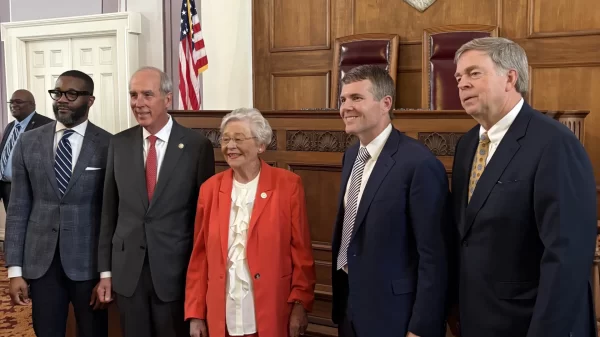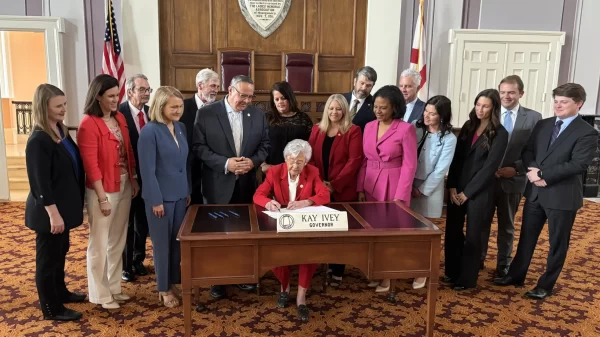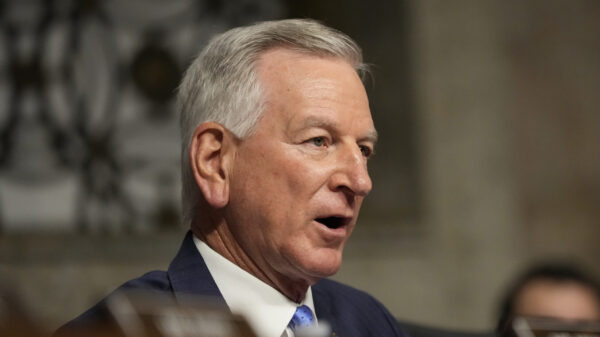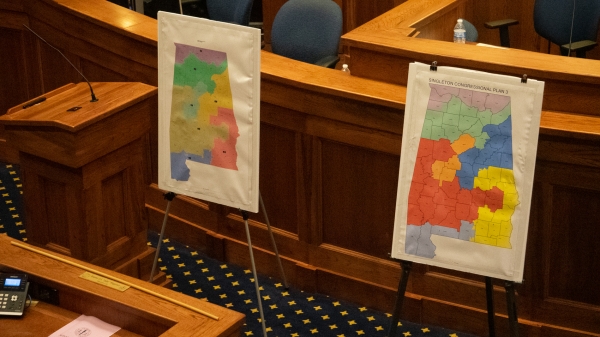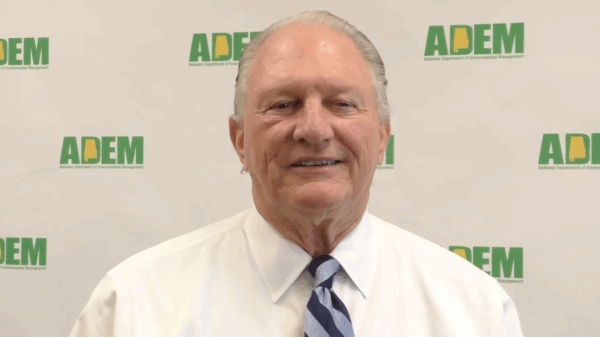Alabama stands at a reckoning point, facing a critical choice: build bridges — both literal and figurative — or burn them in the name of political theater. One path promises strengthened communities, improved education, expanded healthcare access, and economic growth. The other panders to emotions, inflames divisions, and leaves the state’s core issues unaddressed.
The tension between pragmatism and populism is nothing new. It’s a battle that has played out across the South for generations, yielding starkly different outcomes. History shows us that states that embraced pragmatic leadership have seen long-term success, while those that succumbed to the siren call of populism often found themselves trapped in cycles of stagnation and division.
Consider the contrast between pragmatic leaders and populists throughout history. North Carolina’s Terry Sanford invested heavily in education, creating a community college system that prepared workers for a modern economy. Virginia’s Linwood Holton, despite intense opposition, embraced school integration and championed public education, even at great personal political cost. These leaders understood that progress requires investment in people and institutions. They chose to prioritize solutions over slogans, laying the foundations for long-term prosperity.
Meanwhile, Alabama has too often leaned into the politics of defiance and division. George Wallace’s brand of populism made the state infamous, but it did little to make it prosperous. His fiery rhetoric and performative defiance may have won elections in the short term, but they set Alabama back by decades. While other Southern states pursued education reform, infrastructure development, and workforce training, Alabama remained mired in a brand of politics that prized headlines over results.
While Wallace stood in schoolhouse doors proclaiming defiance, pragmatic leaders elsewhere charted different paths.
The contrast remains relevant today. Modern populism may not look exactly like the firebrand politics of Wallace’s era, but the underlying tactics are the same. Today’s populists rail against educators, LGBTQ+ individuals, and so-called elites. Instead of blocking schoolhouse doors, they block progress by refusing to fund infrastructure projects or expand Medicaid. They offer easy scapegoats and simple answers to complex problems, but those answers rarely lead to real solutions.
The difference between pragmatism and populism is simple:
Pragmatism asks, “What works? What will improve people’s lives?” Populism demands, “What will fire up the base and keep me in office?”
Pragmatism delivers results. Populism delivers outrage.
Populism is democracy’s unruly stepbrother — noisy, reckless, and destructive. Pragmatism, on the other hand, rolls up its sleeves and solves problems instead of just griping about them. Pragmatic leaders understand that governing requires compromise, collaboration, and a commitment to the common good. They know that meaningful progress comes from hard work, not from performative outrage.
The temptation to fall into populist traps is understandable. Populism offers simple answers to complex problems, pointing fingers at scapegoats and promising easy fixes. It plays to emotions, feeding on fear and resentment. But history shows us that populism rarely delivers solutions. It feeds resentment. Pragmatism feeds families.
Alabama’s challenges — healthcare access, education reform, workforce development — won’t be solved through culture wars or symbolic gestures. They require practical policies and leaders willing to make tough choices. Expanding Medicaid would bring billions of federal dollars into the state, improve healthcare outcomes, and create thousands of jobs. Investing in education, from pre-K to workforce training, would prepare Alabamians for the jobs of the future. Upgrading infrastructure would improve quality of life and attract businesses to the state.
These are pragmatic solutions. They’re not flashy or headline-grabbing, but they work. They improve lives. They build bridges — both literal and figurative — that connect communities, foster economic growth, and create a more stable and prosperous future.
Populism, on the other hand, burns bridges. It pits neighbor against neighbor, divides communities, and leaves real problems unsolved. It creates an endless cycle of outrage and defiance that holds the state back.
Alabama has a choice to make. It can continue down the path of stage-managed politics, chasing headlines and scapegoats, or it can embrace pragmatic leadership that prioritizes results over rhetoric. The future of the state depends on that choice.
A pragmatic approach is the model Alabama should follow, but it can’t succeed in isolation. Lawmakers must move beyond the theatrics and start working toward real solutions. They must build coalitions, listen to experts, and prioritize the needs of their constituents over the demands of their political base.
Alabama’s history is rich with lessons about the dangers of populism and the rewards of pragmatism. It’s time to learn from that history and choose a path that builds a better future for all Alabamians. The state doesn’t need more firebrands shouting from podiums. It needs leaders willing to roll up their sleeves and do the hard work of governing. It needs leaders who build bridges.

